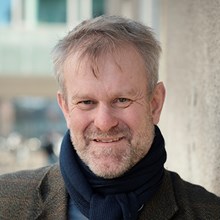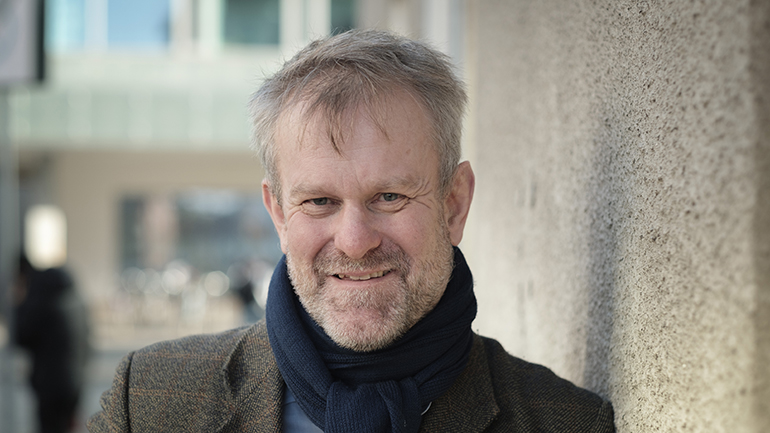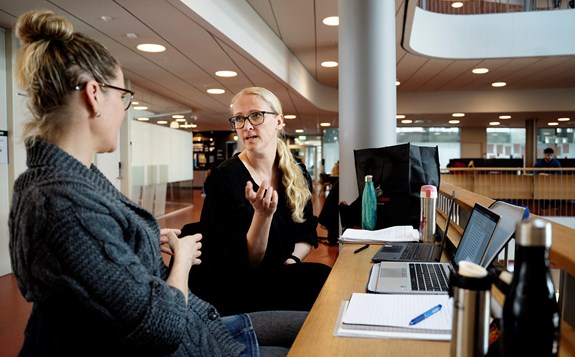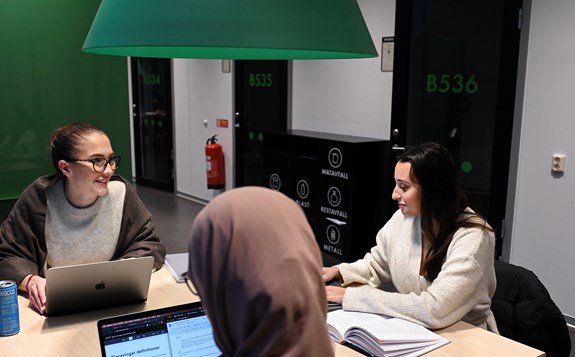Autumn 2025 - Semester 1
- English and Education: The Building Blocks of English: Sounds and Words (EL612E), 7.5 credits
- English and Education: Literature and Education (EL620E), 7.5 credits
- English and Education: Theory of Science and Academic Writing (EL613E), 7.5 credits
- English and Education: Green Cultural Studies and English Teaching (EL614E), 7.5 credits
Spring 2026 - Semester 2
- English and Education: Language Teaching in Theory and Practice I (EL615E), 7.5 credits
- English and Education: Language Teaching in Theory and Practice II (EL616E), 7.5 credits
- English and Education: Sociolinguistics (EL617E), 7.5 credits
- English and Education: Content and Language Integrated Learning (EL618E), 7.5 credits







